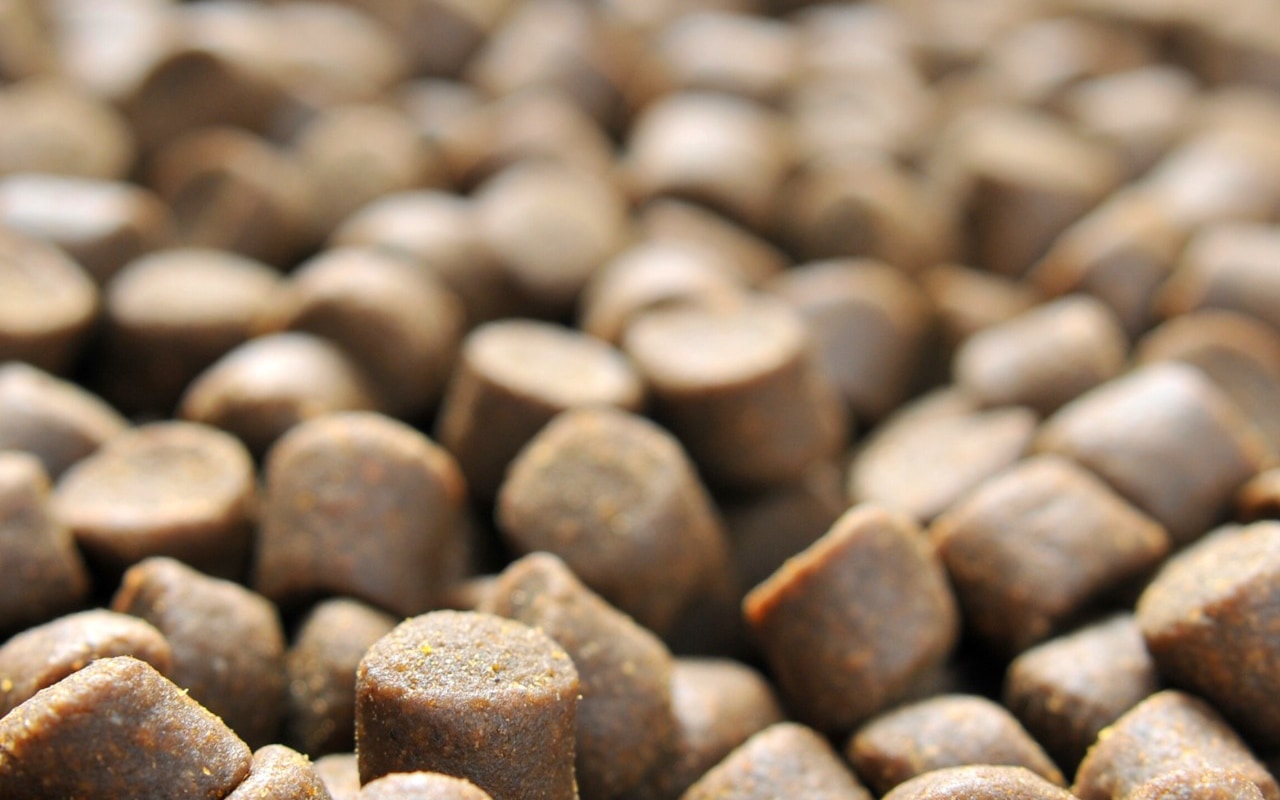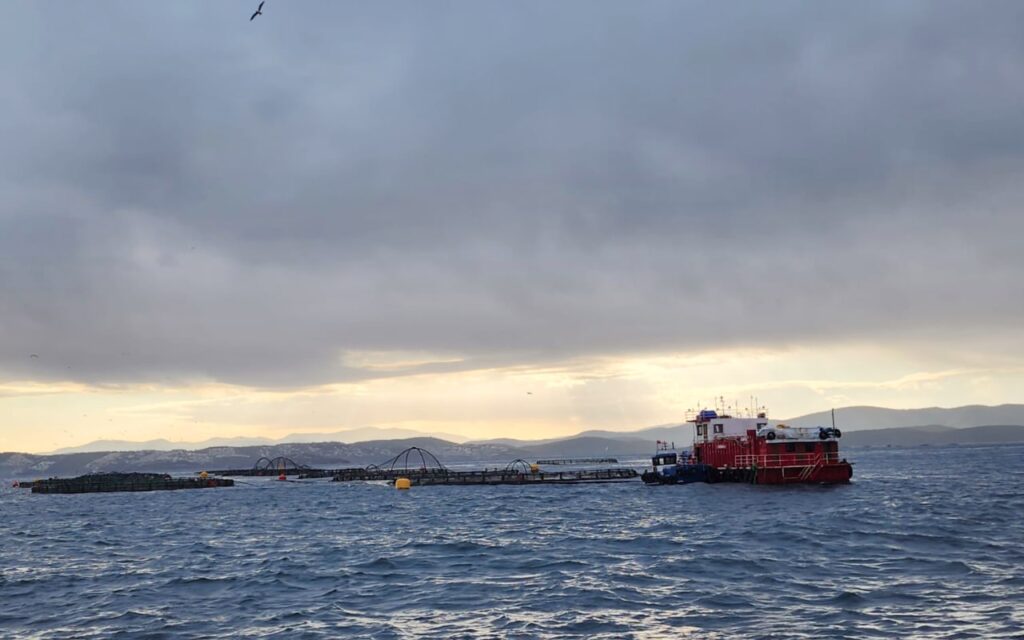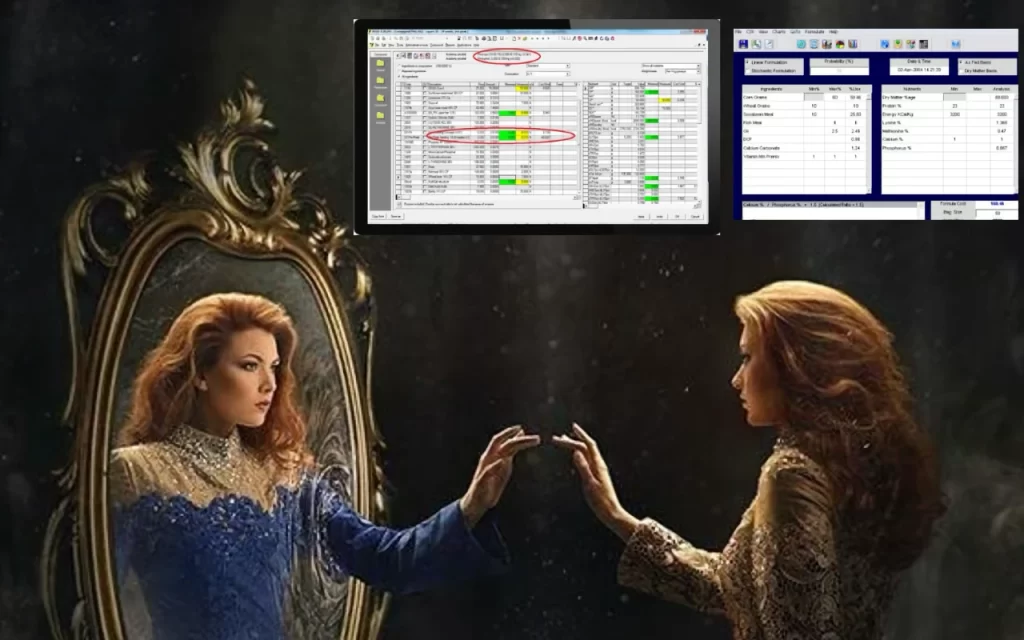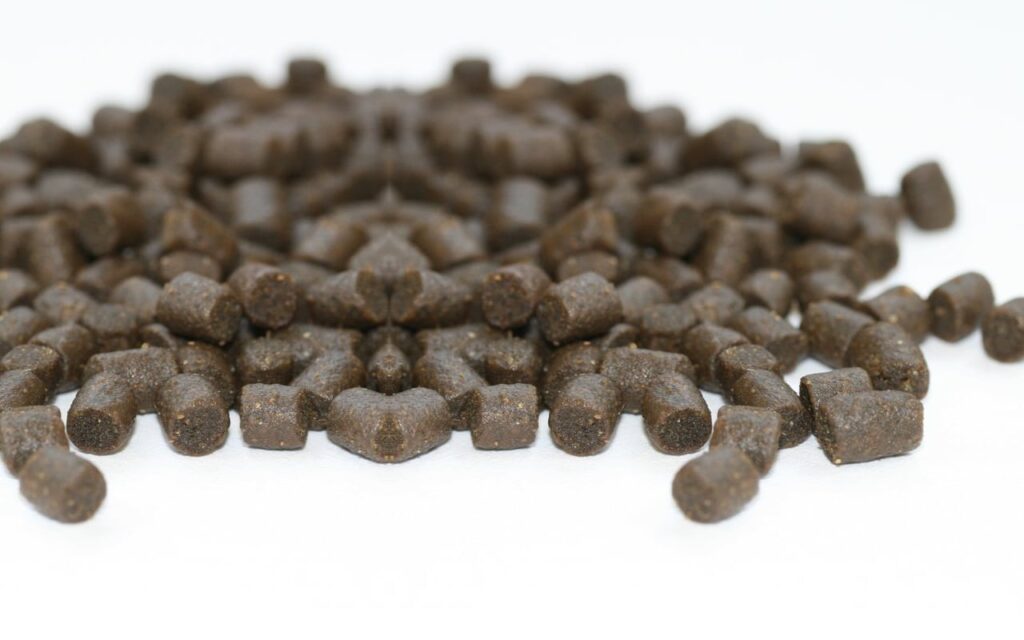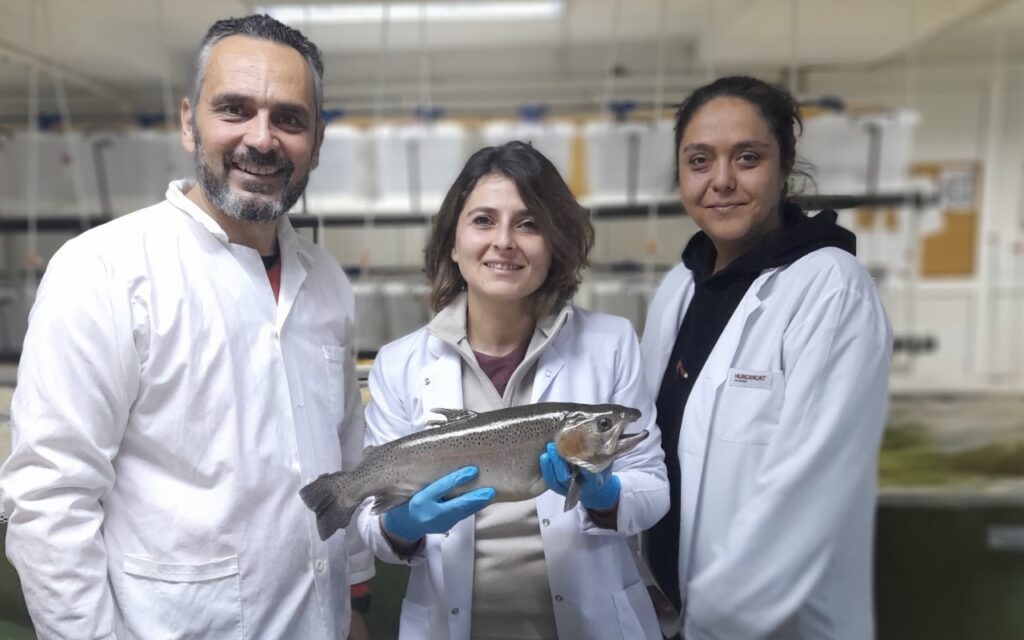FAO-Türkiye Partnership Programme “Capacity Development for Sustainable Fisheries and Aquaculture Management in Central Asia, Azerbaijan and Türkiye (FISHCap)” is to provide assistance on food security, and rural poverty reduction, and sustainable forest management in Azerbaijan, Kazakhstan, Kyrgyzstan, Tajikistan, Türkiye, Turkmenistan and Uzbekistan, and other countries of mutual interest. Within this programme, the workshop entitled “Alternative Feeds for Carnivorous Fed Fish and Macroalgae Culture” was organized in Bodrum / Türkiye between 20-21 December 2022.
Our company founder, Prof.Dr. Tufan Eroldogan presented two presentations, 1) future perfective of the alternative resources – Blue transformation in Aquafeed and 2) the effects of alternative feed ingredients on microbiota of fish and shrimp. In his talks, Dr. Eroldogan pointed out that functional feed ingredients are key in improving the resilience of farmed fish species and their feed in Türkiye.
During this event, more than 50 participants from different stakeholders including feed industry, ingredient suppliers, academia and policy makers from the Ministry of Agriculture and Forestry were discussed future Turkish aquaculture as well as aquafeed industry growth for 2023-2025. As the Turkish aquaculture has been extremely grow fast for the last ten years, the industry wants to foresee their future in terms of alternative raw materials if the growth will be continued with this trend. Because of soaring inflation, the raw materials and ingredients costs rising with peak within 2022 and the feed mills had to reduce their margins to overcome this problem (Aquafeed 2022). Meanwhile, as it is very comment in EU, the feed industry participant complained about the feed ingredient non-stabile price which effects their prediction of the final price of the aquafeed in Türkiye. Thus, in the first day of this event, fish meal and fish oil price increase and possible seasonal changes in the ingredient cost was the main target issue. Türkiye has its own anchovy stocks (Black Sea anchovy – Engraulis encrasicolus ponticus) from Black sea. In 2018, the production of fish meal and fish oil is around 48 thousand tonnes being produced in 13 fish meal and oil plants and the most of the production is used in the aqua feed industry (TÜİK 2019). As stated in Aquaculture Industry Policy Document (https://www.tarimorman.gov.tr/TAGEM/Belgeler/yayin/Su%20%C3%9Cr%C3%BCnleri%20Sekt%C3%B6r%20Politika%20Belgesi%202019-2023.pdf, in Turkish) that Türkiye was imported 132 and 57 thousand tonned fish meal and fish oil, respectively. Thus, the Turkish industry, as other feed producers in EU, dependent to import these raw materials since the Turkish fish meal and oil production is limited. It was underlined in the workshop that the Turkish aquaculture will continue to grow in 2023 up to 600 thousand tonnes as stated by policy makers from Ministry of Agriculture and Forestry. Because of above mentioned fish meal and oil price problems, as well as soaring inflation, all industry partners was agreed to find alternative sources to support Turkish feed industry.
Second part of the workshop was potential algal sources to provide functional aquafeed for the industry not only for as a meal but also for oil sources. In this regards, different scientists presented alternative local macro and microalgae culture in Türkiye and the potential usage (such as feed ingredients, polymer production and so on) of these algae sources were discussed. It was clearly agreed that phototrophic and heterotrophic algae production must be supported by the industry and government to cope with supply chain of the feed ingredient in terms of health promoter and algal omega-3 oils sources.
Moreover, one of the core issues in the workshop was the effects of climate change on aquaculture indirectly the relevant effects on feed ingredients. Carbon emission of the transportation of the aquaculture products and feed ingredients was deeply discussed and it is obviously seen that all partners were aware the carbon emission and the effects of the climate change effects on aquaculture which will make an impact in the future. As Türkiye is a part of the European Green Deal Action (https://www.eesc.europa.eu/sites/default/files/files/green_deal_action_plan_of_turkey.pdf) the government has been concern this issue since the beginning of European Green Deal Action. To note that Türkiye ranks 16th with a share of around 1% with respect to greenhouse gas emission. However, there is a still lack of information or action being planned for carbon footprint of Turkish aquaculture ie. production, processing and transportation of the aquaculture products including aquafeed. It is seen that climate events are expected to continue to drive the industry how to mitigate the temperature fluctuations in Mediterranean basin.
Processed animal by products (PAPs), particularly poultry by products, was also discussed in the wrap-up meeting. The industry partners stressed that Türkiye import 250-300 thousand tonnes of poultry by products for the aquafeed industry. There is a need for new regulations the usage of our own poultry by products in aquafeed and quality parameters must be take into account before capital investments for PAP mills being initiated.
Within the closing remarks of the workshop,
- Life cycle assessment should be taking into account for the production process.
- PAPs’ quality parameters and regulations are needed.
- The actions in carbon footprint of the production must be taken by the industry at least they should be ready.
- Functional alternative ingredients from our marine resources ie. different algae isolation must be considered and the action plan should be implemented by the Government.

